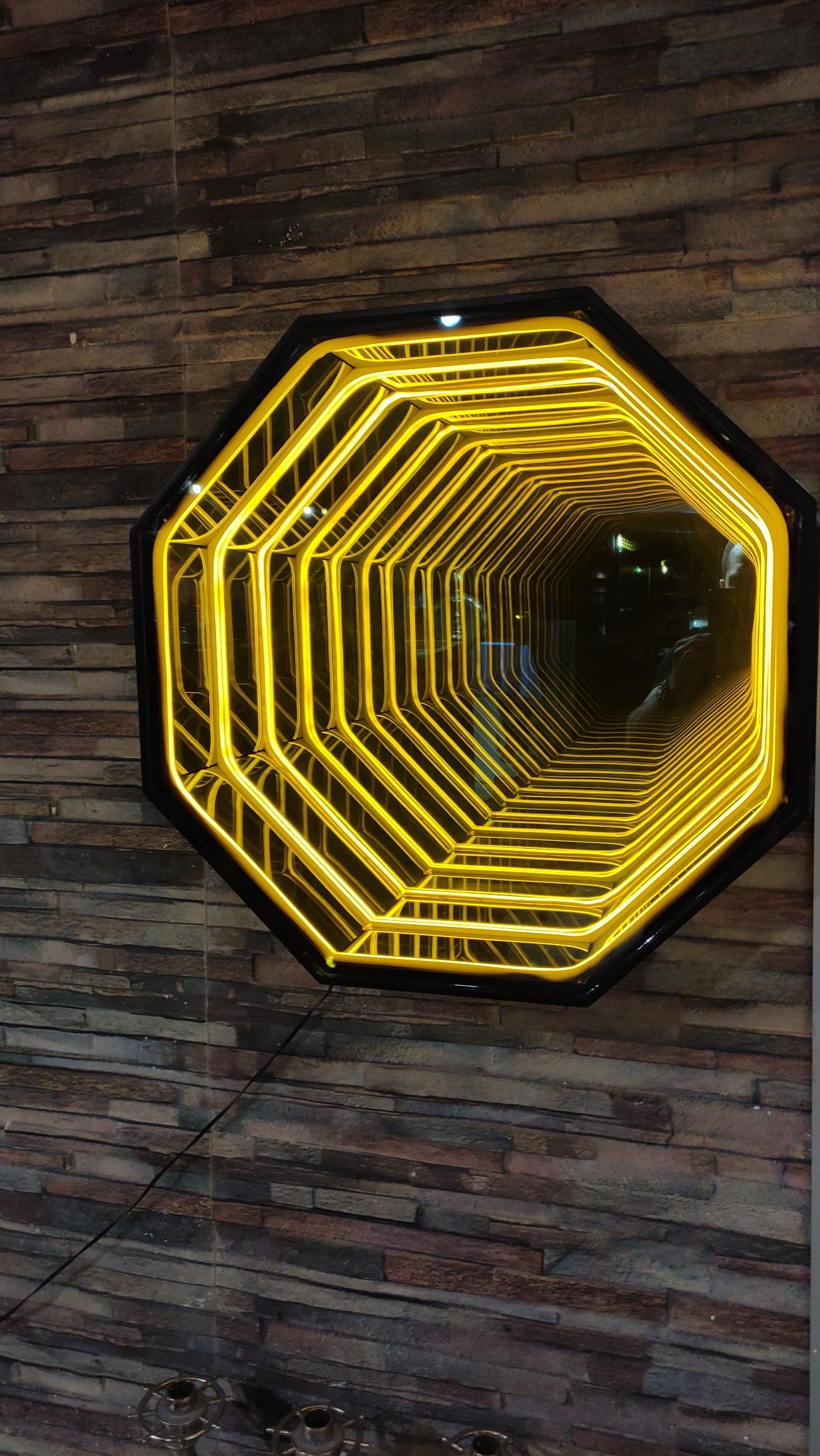The Changing Mirror is not just a phrase; it encapsulates the essence of transformation, self-discovery, and the evolution of identity. In a world that is constantly changing, the metaphor of a mirror becomes a powerful tool for introspection and growth. This article explores the multifaceted aspects of "The Changing Mirror," delving into its implications in personal development, societal shifts, and even the psychological dimensions of how we perceive ourselves and others.
As we navigate through life, the reflections we see in our metaphorical mirrors can shape our beliefs, attitudes, and ultimately our actions. The concept of the changing mirror can be applied across various domains, including psychology, sociology, and even philosophy. In this comprehensive exploration, we will look at the significance of change in our lives and how it can lead us to a deeper understanding of ourselves and our place in the world.
Join us on this enlightening journey as we unearth the layers of meaning behind "The Changing Mirror" and discover how it can serve as a catalyst for personal and collective transformation. With insights drawn from expert sources, we aim to provide a rich understanding of this compelling topic, ensuring that you leave with both knowledge and inspiration.
Table of Contents
- 1. Definition of the Changing Mirror
- 2. Historical Context of Mirrors in Society
- 3. Psychological Implications of the Changing Mirror
- 4. Sociocultural Factors Influencing Self-Perception
- 5. Personal Growth Through Reflection
- 6. The Role of Technology in Shaping Our Mirrors
- 7. Case Studies: Transformative Journeys
- 8. Conclusion: Embracing Change
1. Definition of the Changing Mirror
The term "Changing Mirror" refers to the evolving nature of self-perception and identity as influenced by various external and internal factors. It symbolizes the notion that our reflections are not static; they shift and adapt over time based on experiences, societal changes, and personal growth.
1.1 The Metaphor of the Mirror
Mirrors have long been used as a metaphor for self-examination and reflection. Just as a physical mirror reflects our appearance, the changing mirror metaphorically reflects our evolving selves. This concept encourages individuals to engage in introspection and to acknowledge the changes that occur throughout life.
2. Historical Context of Mirrors in Society
The use of mirrors dates back thousands of years, with early civilizations utilizing polished metals and glass to create reflective surfaces. Throughout history, mirrors have held significant cultural and symbolic meanings, often associated with beauty, vanity, and self-awareness.
2.1 Cultural Significance of Mirrors
- In ancient Egypt, mirrors symbolized beauty and were often used in religious contexts.
- In medieval Europe, mirrors were seen as a reflection of the soul and were often linked to morality.
- In modern times, mirrors have become ubiquitous in our daily lives, influencing how we perceive ourselves and others.
3. Psychological Implications of the Changing Mirror
The psychological dimensions of the changing mirror are vast. Our self-image is shaped by various factors, including childhood experiences, societal expectations, and personal achievements. Understanding these influences can lead to greater self-awareness and emotional intelligence.
3.1 Self-Perception Theory
Self-perception theory suggests that individuals derive their attitudes and beliefs from their behavior and the reflections they observe in their "mirrors." This theory highlights the importance of understanding how external feedback can shape our self-concept.
4. Sociocultural Factors Influencing Self-Perception
Sociocultural factors play a crucial role in shaping our perceptions and identities. The changing mirror reflects not only individual experiences but also the broader societal context in which we live.
4.1 Influence of Media and Pop Culture
Media representation significantly impacts how we view ourselves and others. The portrayal of beauty standards, success, and lifestyle choices can alter our beliefs and behaviors, leading to a disconnect between our true selves and the images projected by society.
5. Personal Growth Through Reflection
Engaging with the changing mirror can facilitate personal growth. By reflecting on our experiences and understanding our evolving identities, we can foster resilience and adaptability.
5.1 The Role of Mindfulness
Mindfulness practices encourage individuals to engage with their thoughts and feelings without judgment. This approach allows for deeper self-reflection and helps individuals embrace their changing selves.
6. The Role of Technology in Shaping Our Mirrors
In the digital age, technology has transformed how we perceive ourselves. Social media platforms serve as modern mirrors, often amplifying the pressures of self-image and comparison.
6.1 The Impact of Social Media
- Social media can distort self-perception, leading to issues such as anxiety and depression.
- Conversely, it can provide a platform for self-expression and community building.
7. Case Studies: Transformative Journeys
Real-life stories of individuals who have navigated their changing mirrors can provide valuable insights into the transformative power of self-reflection.
7.1 Personal Stories of Change
From overcoming personal challenges to embracing new identities, these case studies illustrate the myriad ways individuals adapt and grow through their experiences.
8. Conclusion: Embracing Change
In conclusion, "The Changing Mirror" serves as a powerful metaphor for the continuous journey of self-discovery and transformation. By understanding the factors that influence our reflections, we can embrace change and foster personal growth. We invite you to engage with your own changing mirror—reflect, adapt, and thrive.
We encourage you to leave your thoughts in the comments below, share this article with others who may benefit, or explore more articles on our site to continue your journey of self-discovery.
Thank you for joining us on this exploration of "The Changing Mirror." We hope to see you again soon!
Article Recommendations


